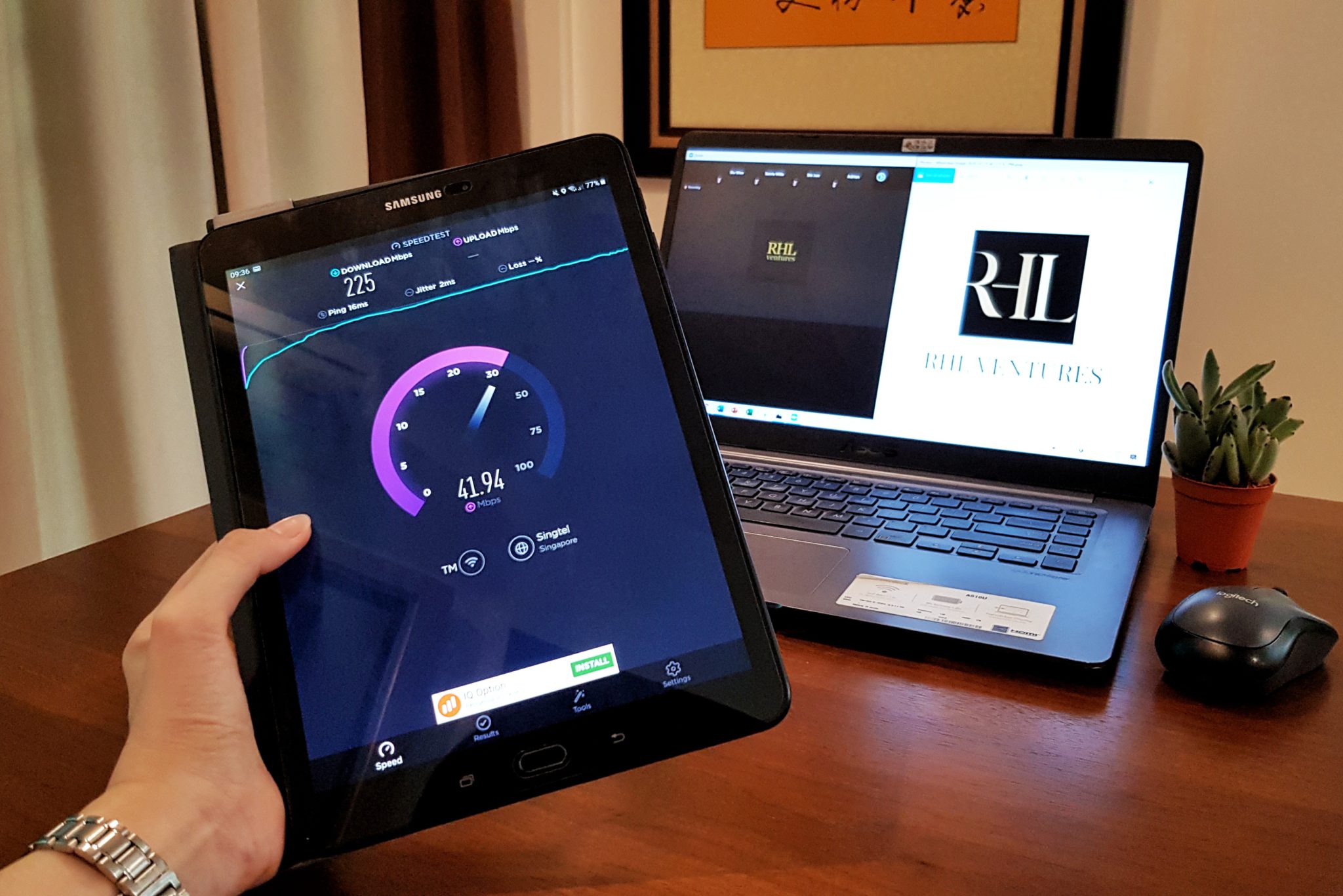AsiaTechDaily – Asia's Leading Tech and Startup Media Platform

Is the Internet Working for the Work-From-Home Trend?
Remote working for professional jobs has been practiced for decades but a surge in the practice can be observed in recent years, possibly from the influx of millennials into the workforce who demand for better flexibility and work-life balance. The rise of this work-from-home trend is enabled by the advancement in our digital infrastructure and internet access, especially with the emergence of the cloud and cloud computing.
While on the onset it may appear that employees are enjoying greater convenience by working from home, the underlying experience may occasionally be nothing short of frustrating. Applications such as Skype, Slack, Zoom, Google Hangouts, and cloud computing which are highly utilized as an alternative means of communication among employees often encounter poor audio and visual quality during virtual meetings and video chats, causing repeated interruptions causing a less than seamless experience. The situation is further exacerbated by the recent spike of remote working arising from lockdowns issued by governments across the world due to the COVID-19 outbreak, leading to streaming services such as Netflix and YouTube to reduce the quality of their streams in Europe to reduce strain on broadband networks.
Despite the obvious advancement in our digital infrastructure over the past decades, the reality we face is that the amount of data transmitted daily has increased at a far greater pace than our current infrastructure are able to support. Estimates have shown that there are 2.5 quintillion bytes of data created each day at our current pace and is still increasing with the growth of the Internet of Things (IoT). With the growing popularity of the work-from-home practice which is likely to stay even after the COVID-19 outbreak subsides, the call for 5G connectivity has never been louder.
Compared to developed nations such as China, South Korea, and the United States that are in the forefront of 5G technology adoption, the Southeast Asian (SEA) region is clearly lagging behind in the game. According to a study conducted by management consulting firm A.T. Kearney, it is anticipated that SEA countries will only launch 5G by year 2025. A number of initiatives are put in place by these countries to address the infrastructure lag, but where are we exactly in terms of embracing the 5G wave?
As a start, the standards for awarding spectrums have to be harmonized. In SEA, the rights to spectrums are sold by the government via an auction system, hence the cost of licensing can be exorbitant due to intense bidding by market players. For instance, Singapore has released two spectrum licences and invited all four mobile operators in the country to submit their proposals for bidding, with a base price of one 100 MHz lot set at USD38 million. This initiative could act as a double-edged sword – telco companies would either compete for the limited rights to better serve their consumers, accelerating 5G adoption; or they would shy away from the technology due to the inflated costs. The government therefore should first loosen up the spectrum licenses or change the norm of spectrum allocations, or at least come up with a quick regime so that telco companies are incentivized to implement 5G and hence able to plan their investments accordingly.
Other than spectrum licenses, the other pillar that is fundamental to 5G adoption is the whole new infrastructure of masts, base stations and receivers that the technology requires. Sweden’s Ericsson, Korea’s Samsung and Finland’s Nokia are spearheading the race, while China’s Huawei undoubtedly is the sector leader that is offering its technology at a lower cost than the other players, made possible partly due to state support it receives from the Chinese government. SEA countries are garnering attention from both China and the United States as both countries understand the country that controls the 5G will get tremendous advantage in the global economy, military edge and political influence. As such, SEA countries should carefully select their partners for the development as it might involve geopolitics risk.
In a nutshell, the SEA region is indeed showing initiatives to boost 5G adoption. Nevertheless, governments should be cautious of the negative consequences that their initiatives might have despite their intention of embracing the 5G technology. In light of the outpouring of the number of employees working-from-home, we believe that more could be done in order to keep up with the demand for super- fast internet to support remote working environments.
About RHL Ventures
Founded in 2016, RHL Ventures a multi-family private investment firm headquartered in Malaysia that champions growth for the best businesses in Southeast Asia. Currently led by Rachel Lau, Raja Hamzah Abidin, and Jo Jo Kong, the firm pools its extensive regional experience in investments, corporate advisory, and capital markets to drive transformative growth for ASEAN-linked start-ups as well as small and medium-sized enterprises.





